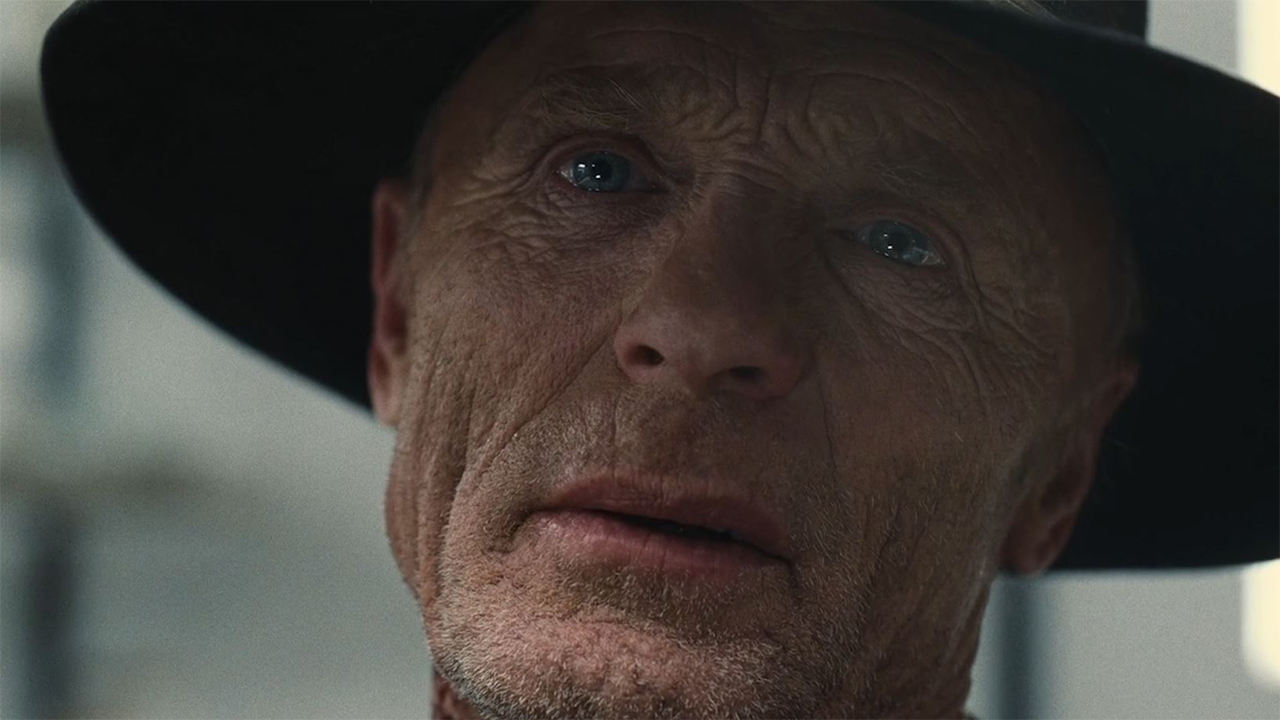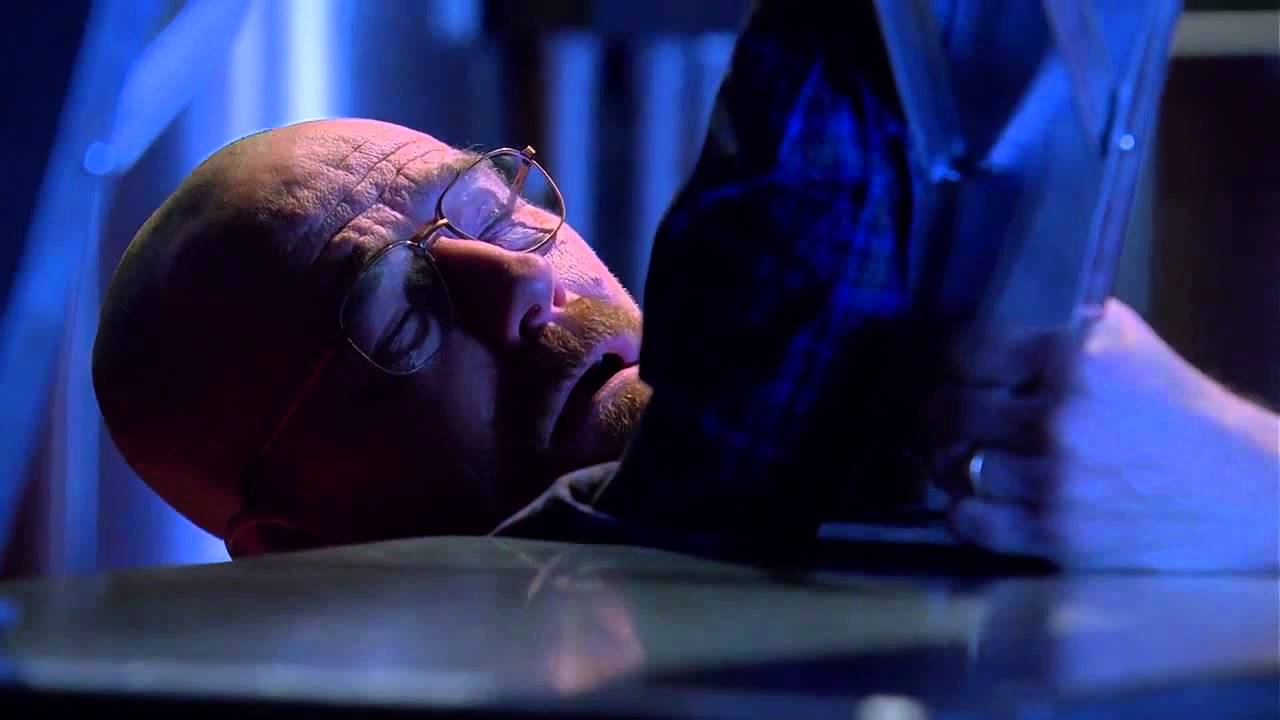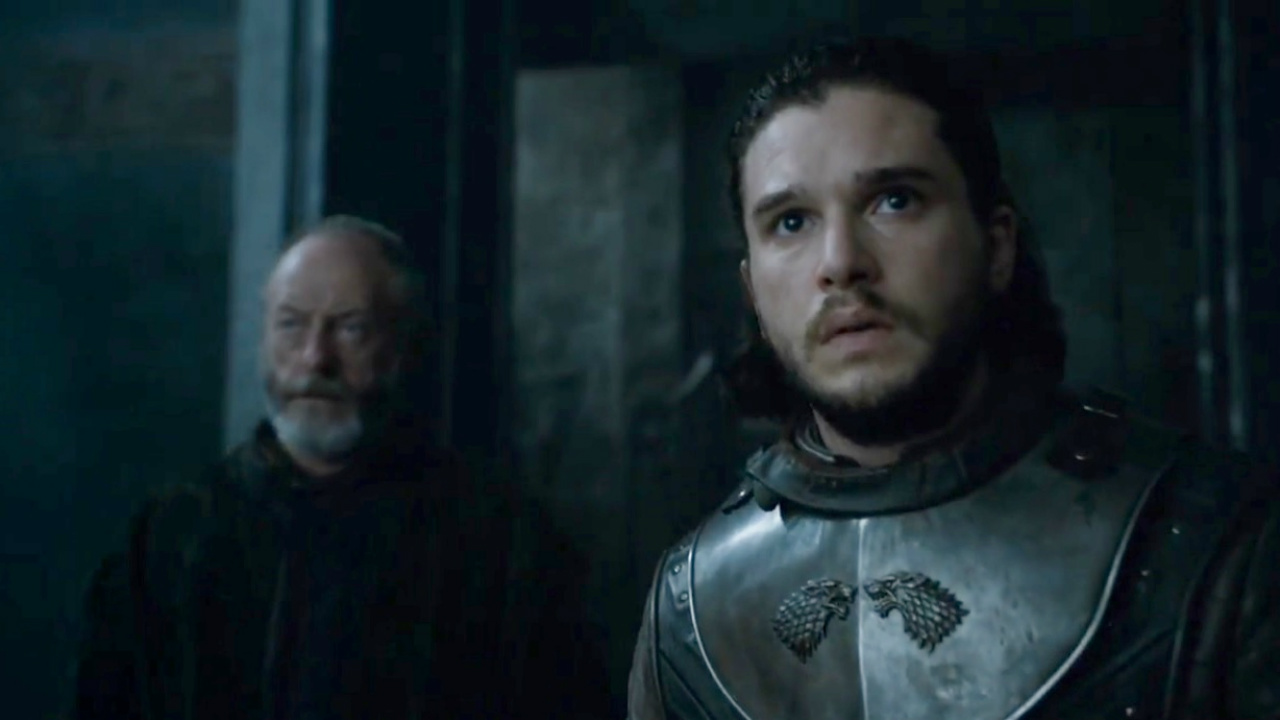The Westworld season 2 finale proves TV needs to stop its obsession with feature-length episodes
TV episodes are spiralling out of control: the long and the short of it

TV shows are in danger of eating themselves. While watching the Westworld season 2 finale, I thought – what’s the point? After a season that had shifted from promising to polarising to downright turgid in places, for me, the finale’s length was pretty much the subroutine that frazzled my programming. 92 minutes later we got some answers, plus a whole host of additional questions, the main one being: Are TV episodes just getting too long?
For context, this isn’t exclusively Westworld’s problem – though it is an easy target when you’ve delivered an episode that’s longer than the 1973 movie the series is based on – but it’s indicative of TV shows becoming more about episodes as events, rather than episodes concerned with meaningful story beats and plot points.
When you present an episode longer than the standard 50 minutes, you’re implicitly relaying to viewers that they’re getting one of two things: more than one ‘shock’ moment or, at the very least, a couple of tearful goodbyes. A bumper-length episode of a TV show is often shorthand for baggy storytelling, an exercise in trying to punctuate plot with wearisome watercooler moments, rather than possibly playing with structure or the whole raft of things you could do when given over an hour to construct a well-written story. Instead, long episodes often become 45 minutes of place-setting before, based on recent trends, reaching an utterly joyous, adrenaline-fuelled conclusion.
Game of Thrones, every Marvel Netflix show, and more have all been guilty of artificially stretching out the runtime. Westworld’s season 2 finale (just about) managed it by ensuring all the pieces were firmly in play for making a move, while one only has to look at the Walking Dead season 6 finale - where Negan finally showed up - to see shows struggling under the weight of either expectation or simply pure length. You could almost feel that episode in particular staring at its watch, waiting for Jeffrey Dean Morgan to burst out of the RV, with Lucille in tow.
But that’s the problem.. a season finale (they’re not the only culprits, but finales seem to be among the lengthiest) can’t be deemed ‘good’ or ‘watchable’ without deaths or plot twists; an episode is treading water unless it ends on a cliffhanger. Racking up the minutes just gives showrunners and writers more time to fit all of those in, and it’s killing all semblance of quality storytelling. Instead, we’re getting length for the sake of length.
How long have you got?

Arguably, the trends for feature episodes all started with The Sopranos, the premiere drama that kicked off a golden age of TV. Its longest episode, clocking in at 75 minutes, set the scene for the decade-plus that would make feature-length the norm rather than the exception. First, it was HBO, with its looser restrictions, doing this stuff. Now, platforms such as Netflix and Amazon Prime chuck money at auteurs with the intention of giving them carte blanche when it comes to bloated TV shows. 42 minutes is now the outlier to the rule; anything above 50 minutes is the new normal. For reference, here are the runtimes of Luke Cage season 2’s episodes in minutes: 56, 55, 60, 54, 57, 64, 55, 55, 59, 59, 56, 62, 69. Remember, this is from a franchise plagued by criticisms of its shows far outstaying their welcome. If each were shortened to 45-minutes you’ve already knocked off four hours of fatty, overblown runtime - and probably solved the series’ biggest complaint in the process.
TV used to focus on the intimate, the tightly-plotted and the little moment-to-moment set pieces that just don’t translate well to the big screen. But everything becomes magnified if you pull it beyond an hour. The intimate becomes immense; the plot becomes plodding and it simply doesn’t suit the format. There’s a very good reason why you don’t get a War and Peace-sized tome out every year, but TV is more concerned with seeing what boundaries it can smash, rather than perfecting the medium it’s currently entrenched in.
Sign up for the Total Film Newsletter
Bringing all the latest movie news, features, and reviews to your inbox
It’s a shame, too, because TV’s limitations (i.e. it’s not cinema) is what makes it work so well. A tightly-constructed 42-minute episode can often generate a far greater response than its filmic cousins. Game of Thrones showrunner David Benioff tipped his hat to Breaking Bad showrunner Vince Gilligan telling THR, "It always amazed me when I watched Breaking Bad and they could get every episode so perfect and they would all be like 42 minutes and 40 seconds or something," before continuing without a hint of self-awareness,, “One of the things we're lucky about is we don’t have the same pressure. We have one episode that’s coming in around 90 minutes.”
Therein lies the crux of the issue. The pressure has gone out of the craft of writing for television. It can now venture into the lackadaisical or the downright bloated - which is what we tend to think of when we think Hollywood, not the small screen. It’s no coincidence that Rian Johnson-helmed Breaking Bad bottle episode ‘The Fly’, which sees Walt and Jesse trapped in one setting with one simple premise, catching a fly, is often seen as the pinnacle of television (Alan Sepinwall, in his review for Uproxx, put it succinctly: “Simple episode. Cheap episode. Brilliant episode. A series high point.”) It didn’t need to overstay its welcome. Plainly, how would a 75-minute version of that episode look? Sepinwall continues in Breaking Bad 101, the critical companion to the show, that the writing staff would constantly aim to paint Walt into the tightest corner possible and work backwards to figure out a way for him to succeed. Elsewhere, the opposite approach appears to be taken: broad strokes that move forward towards a key moment, no matter how long it takes to arrive at that moment in any given episode. It’s limiting in a completely different way. 42-minutes inspires a neat trick, hand wave or two to wring every last drop out of a story. Anything above and beyond that is working hard to fill space in a story.
It’s only likely to get worse, too. Game of Thrones season 8 is a little over (or under, depending on who you ask) a year away. With its truncated six-episode final season, we’re heading for a series-capper that amounts to a sextet of Game of Thrones movies back-to-back. It may appeal to some – but not me. The show already ripped out all semblance of realistic time (who can forget Jon crossing the whole of Westeros to see Dany quicker than a hiccup) in a strained effort to fit everything in during the shorter season 7. Pacing just seems to head out of the window anytime shows stretch beyond their traditional confines.

It has so much to fit in that, despite the lengthy runtimes, we never felt like we spent enough time with anyone in particular. That’s the trouble with these longer episodes, they’re a paradox: so intent on living from shock to shock that they struggle to fit everything into an elongated period, particularly in shows with a large cast such as Thrones. It’s all setup and Big Moment A followed by Big Moment B with very little in-between.
Where Thrones goes, so often many follow. Who’s to say we won’t be looking at several more whole seasons of 90-minute episodes come 2020? Because we’re currently embedded in a society where bigger is always better, and, cynically, advertisers crave more, the audience craves more and that, in turn, creates a false narrative where more is simply that: more. It’s not. Breaking Bad proved it, as have so many others. But television is changing, perhaps not for the better. Is it too late to reverse the trend? Perhaps not. But the current landscape, where HBO and Netflix reigns supreme, is one that will be tough to break free from. And it’s why we’re getting 92 minute episodes that could’ve been chopped in half and still achieved the same result.
Maybe I’m just being miserly, but I’d like to think I’m not the only one having grown weary of television trying (and failing) to become cinema. Can it be fixed? Yes and no. 90-minute episodes still have their place, as long as it’s at a premium. To properly solve the issue, we must degenerate back into uniformity to save our seasons. Give me the classic 13-episode run please, for the love of god, give us our 45-minute TV shows back. I beg you.
I'm the Senior Entertainment Writer here at GamesRadar+, focusing on news, features, and interviews with some of the biggest names in film and TV. On-site, you'll find me marveling at Marvel and providing analysis and room temperature takes on the newest films, Star Wars and, of course, anime. Outside of GR, I love getting lost in a good 100-hour JRPG, Warzone, and kicking back on the (virtual) field with Football Manager. My work has also been featured in OPM, FourFourTwo, and Game Revolution.



